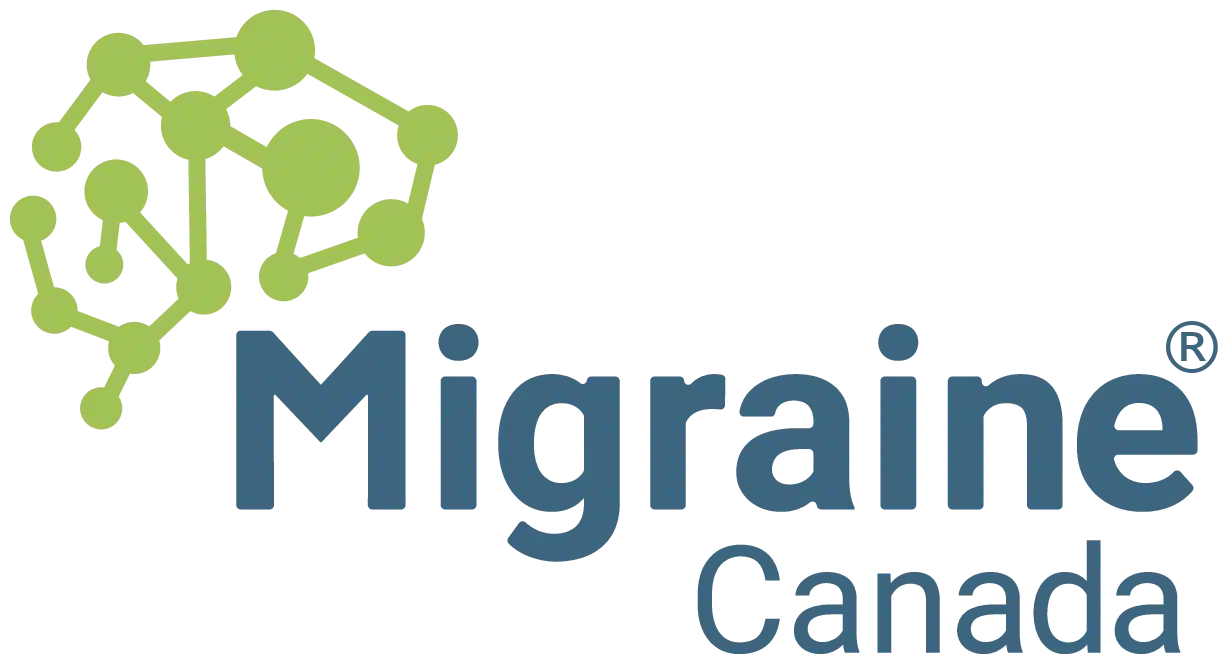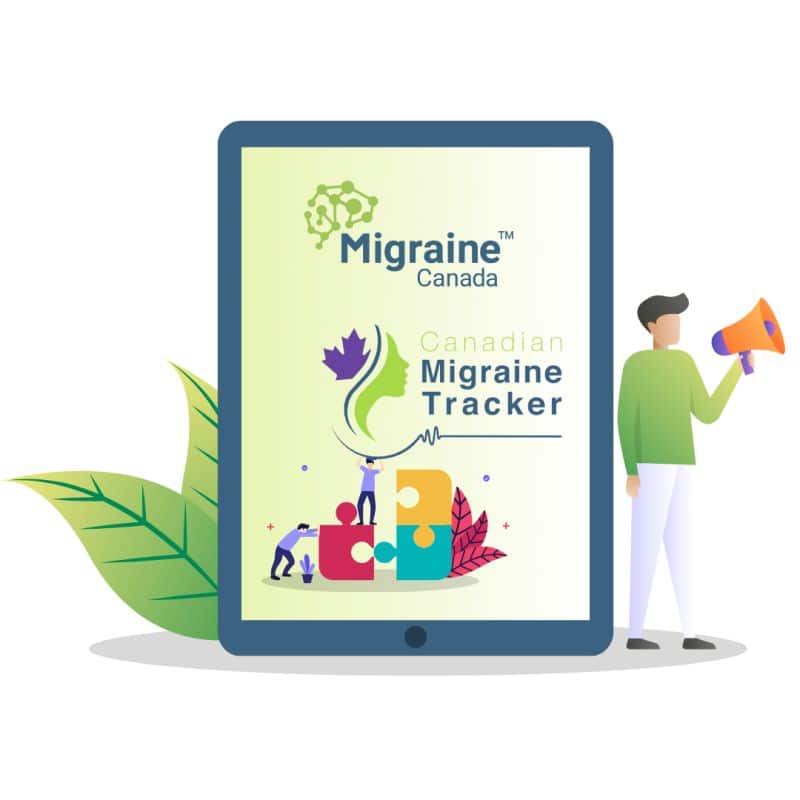Explore the ketogenic diet’s intriguing potential as a promising tool for managing migraine. Originally developed in the 1920s to treat epilepsy, this high-fat, moderate-protein, low-carbohydrate diet induces ketosis, where the body shifts from glucose to ketones as its primary energy source. Recent studies suggest ketosis might benefit those with migraine by reducing inflammation and stabilizing brain activity. Discover how this diet, known for its weight loss benefits, could naturally alleviate migraine symptoms, while considering its risks and potential impact on overall health.
What is the history of the ketogenic diet? Is it true it works for epilepsy?
The ketogenic diet was designed in the 1920s to help control seizures in children with epilepsy. Traditionally, epilepsy was treated with fasting (i.e., going for an extended period without eating), but researchers hoped to find a way to treat seizures without starvation. It was found that a ketogenic diet had the same effect on seizures as fasting did. Since then, the diet has regained popularity as a solution for many modern health problems.
What is the ketogenic diet?
It is a high-fat, moderate-protein, low-carbohydrate diet. By restricting carbohydrates (such as grains, legumes, fruits, and starchy vegetables), or through fasting, the body enters a state called ketosis. Normally, the body uses glucose from carbohydrate foods as its preferred fuel source, but in ketosis, it switches to burning ketones for energy. Ketones, or ketone bodies, are organic compounds that are released from fat cells in the body. Eating high-fat foods has the same effect, as the fat from the food is the source of the ketones.
Why might ketosis be good for migraine?
- Effect on the brain chemistry: Inflammation, oxidative stress, hyperexcitability. Ketone bodies provide the body and brain with more energy than glucose, meaning the muscles and brain work more efficiently. This is especially important for people with migraine, as there is often an energy shortage in their brain cells. Ketones are also said to be anti-inflammatory, and inflammation is at the core of migraine. Adopting a ketogenic diet has been shown to reduce inflammation in the body.
-
Effect on weight loss: Research suggests the ketogenic diet is effective for weight loss, which is significant as being overweight or obese is associated with chronic migraine. However, maintaining weight loss on any diet is challenging, including the ketogenic diet, which may be best used as part of a broader weight loss strategy.
What is the evidence that the ketogenic diet works for migraine?
When evaluating a treatment, various levels of evidence need to be considered. Here are some preliminary observations suggesting that the ketogenic diet may have benefits for migraine:
- Anecdotal reports about the ketogenic diets can be found online and on social media.
- In 1930, Barborka, a pioneer in popularizing the ketogenic diet among adults, reported significant improvements in migraine following the initiation of the ketogenic diet in a study of 50 patients.
- The ketogenic diet stabilized the electrical activity of the brain in a study on 18 migraine patients using a technique with evoked potentials.
A study comparing ketogenic to low-calorie non-ketogenic diets
A rigorous comparative trial is the only way to demonstrate that a treatment works. One such study was published by Di Lorenzo in the Nutrients Journal in 2019. In this study, an Italian team compared two low-calorie diets in a group of 35 people with obesity and migraine. The participants followed a low-calorie non-ketogenic diet (LC) for one month, no diet for one month, and a ketogenic diet (KD) for one month, in a specific sequence.
Key aspects of the study include:
- The participants did NOT have chronic migraine, averaging 7 headache days per month.
- All participants were obese, and 6 could not complete the study.
- The KD month led to a greater decrease in headache days (-3) compared to the LC month.
- 75% of participants had a 50% response during the KD month compared to 8% during the LC month.
Both diets resulted in weight loss, but researchers suggest that the effects of the ketogenic diet were more related to ketones than weight loss.
This study, though small, was well-conducted in obese individuals with episodic migraine. However, it cannot predict outcomes in non-obese individuals with chronic migraine.
Basics of the Ketogenic Diet
To achieve a state of ketosis, a person must fast or limit carbohydrate intake to less than 50g per day. Meals should primarily consist of high-fat foods, some protein foods, and a small amount of carbohydrates.
You can eat the following foods on the ketogenic diet:
High-Fat Foods:
- Avocado
- Butter
- Cheese
- Coconut, coconut milk, coconut oil
- Pastured/organic eggs
- Wild-caught fatty fish
- Lard
- Grass-fed/organic meats
- Nuts & seeds
- Olives & olive oil
Low-Carbohydrate Vegetables:
- Asparagus
- Avocado
- Broccoli
- Brussels sprouts
- Celery
- Cabbage
- Cauliflower
- Cucumbers
- Herbs & spices
- Leafy greens (lettuce, spinach, kale, Swiss chard, etc.)
- Mushrooms
- Peppers
- Tomatoes
- Zucchini
Protein Foods:
- Pastured/organic eggs
- Wild-caught fish
- Grass-fed/organic meat
- Seafood
The following foods should be strictly avoided on a ketogenic diet:
- Dairy products (except butter and some cheeses)
- Factory-farmed meats
- Fruit
- Grains
- Processed foods (chips, crackers, cookies, ice cream, soda, etc.)
- Starchy/sweet vegetables (potatoes, sweet potatoes, beets, etc.)
- Sugar (table sugar, honey, maple syrup, etc.)
Are there risks associated with the ketogenic diet?
Yes. According to the University of Chicago Medicine, potential risks of the ketogenic diet include low blood pressure, kidney stones, constipation, nutrient deficiencies, and an increased risk of heart disease. Strict diets like keto could also cause social isolation or disordered eating. The ketogenic diet is not safe for individuals with any conditions involving their pancreas, liver, thyroid, or gallbladder.
It is highly recommended that you only try this diet under the supervision of a healthcare professional to avoid potential nutrient deficiencies. Additionally, due to its restrictive nature, you might follow the diet temporarily before returning to a more regular diet. Consider adopting a healthy diet before choosing more extreme approaches. Review this checklist of healthy dietary changes that may help with your migraine.
Summary
The ketogenic diet is a current focus of research in neuroscience and migraine care. There is research to support this diet and it could be considered, particularly by those with obesity. However, the ketogenic diet has risks and can be difficult to sustain. Anyone considering this diet should consult a healthcare professional.
References
- Di Lorenzo C, Pinto A, Ienca R, Coppola G, Sirianni G, Di Lorenzo G, et al. A Randomized Double-Blind, Cross-Over Trial of Very Low-Calorie Diet in Overweight Migraine Patients: A Possible Role for Ketones? Nutrients. 2019;11(8).
- Barbanti P, Fofi L, Aurilia C, Egeo G, Caprio M. Ketogenic diet in migraine: Rationale, findings and perspectives. Neurol Sci. 2017;38(Suppl 1):111-5.
Post #717



